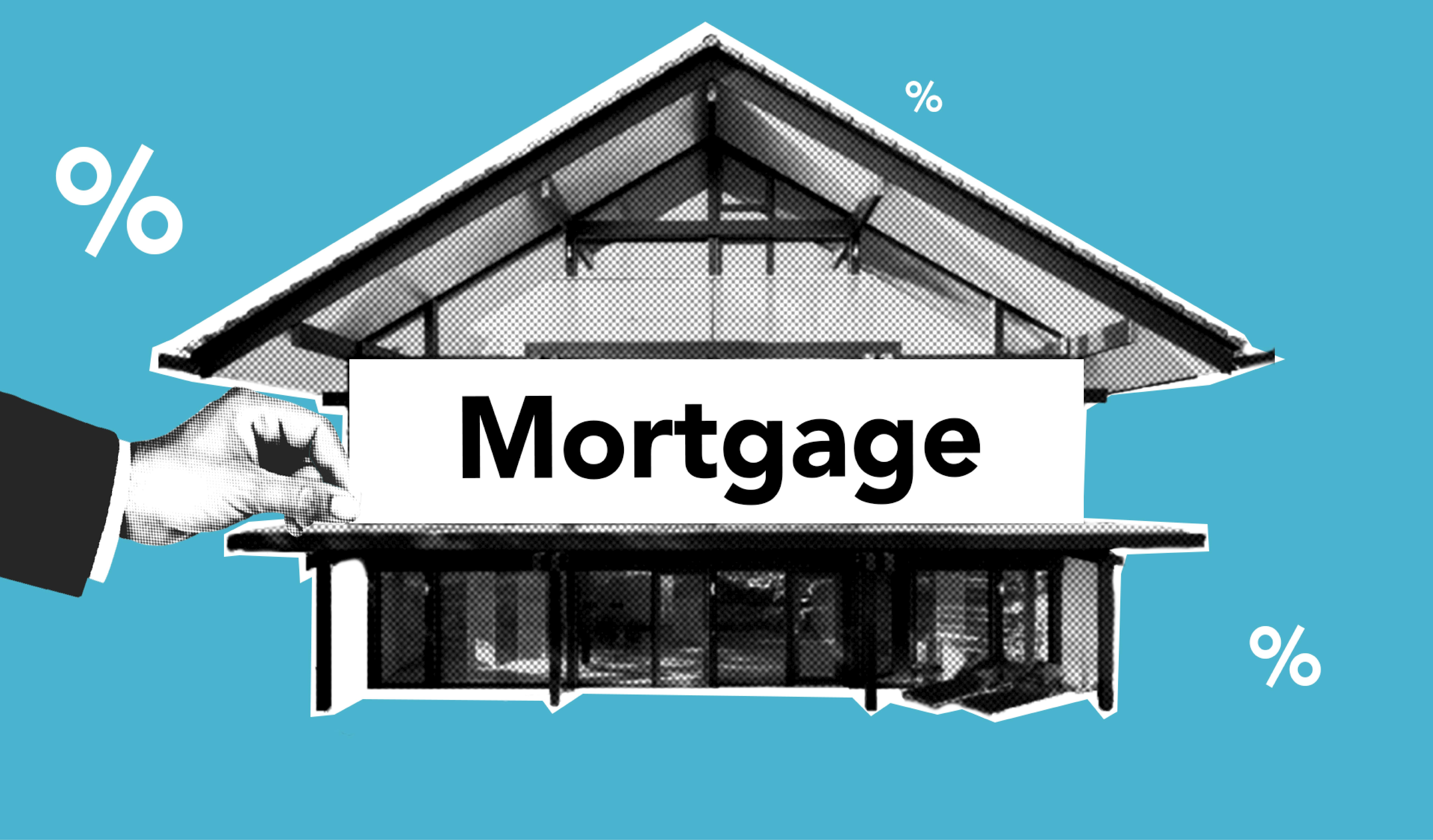
Introduction
In today's ever-evolving financial landscape, understanding the process and benefits of refinancing your mortgage can be a money-saving tool in your arsenal. Refinancing involves replacing your current mortgage with a new loan, typically with a lower interest rate or more favourable terms. This guide, "Ultimate Guide to Refinancing Your Mortgage: Key Reasons and Optimal Timing," will walk through the "why" and "when" of mortgage refinancing, so you can make an informed decision if you're considering this route in your financial journey.
Understanding Mortgage Refinancing
Mortgage refinancing can be seen as an opportunity to alter the terms of an existing loan in favour of a more beneficial agreement that suits the homeowner’s changing financial situation or market conditions. It’s essentially taking out a new mortgage to pay off the existing one, but with different terms. These can include but are not limited to, lower interest rates, longer or shorter repayment periods, or switching from a variable-rate to a fixed-rate loan for more predictability. It's always important to delve into the specifics of each scenario to determine which refinancing option is the most suitable for you.
Why Should You Refinance Your Mortgage?
There are several compelling reasons why homeowners might choose to refinance their mortgage. Here we outline few:
Lower Interest Rates: One of the most common reasons for refinancing a mortgage is to secure a lower interest rate. This move can help you save money over the life of the loan, reducing your monthly payments and increasing your home equity at a quicker pace.
Adjust Loan Term: Refinancing can also allow you adjust the term of your loan. Shorter loan terms often come with higher monthly payments but fewer overall interest costs, while longer terms decrease monthly payments but increase overall interest costs.
Tap into Equity: The equity accumulated in your home can be utilized for various purposes – for home improvements, to pay for education, or other big-ticket expenses. Refinancing allows homeowners to tap into this equity by converting a part of it into liquid cash.
Debt Consolidation: If you have substantial high-interest debt, such as personal loans or credit card balances, refinancing could allow you to consolidate all your outstanding debts into one loan with a lower interest rate.
When Should You Refinance Your Mortgage?
Just as there are key reasons to refinance, there are also optimal times for this financial move. The timing of your refinance can greatly influence the benefits you might reap from the process. Here are a few indicators of good timing:
Interest Rate Drop: A drop in the mortgage interest rates can provide an excellent opportunity to refinance, especially when the decrease is by 1-2%.
Favourable Credit Score: If your credit score has improved significantly since taking your original loan, you may qualify for better rates and might consider refinancing.
Changing Financial Situation: If you foresee a significant change in your financial situation – an upcoming influx of money or a child heading off to college, you might consider refinancing to better align your mortgage terms with these changes.
Take Note: Refinancing Costs
While refinancing can lead to saving money in the long-term, it’s important to consider the associated costs – closing costs, attorney fees, document preparation, and appraisal costs. These typically range between 2-5% of the loan amount, hence, ensuring the savings outweigh the cost is integral to a successful refinancing process.
Conclusion
Refinancing your mortgage can prove to be a financially advantageous move when done for the right reasons and at the right time. Whether your goal is to decrease your monthly payments, leverage your equity, or consolidate debt, understanding your options and working with a mortgage professional can help determine the success and sustainability of your refinancing decision. Always remember, the fundamental reason for refinancing should be to strengthen your financial stability over time.
Disclaimer
This guide provides a general understanding of mortgage refinancing. However, financial decisions like these are often complex and have unique implications for everyone. Hence, it's recommended to consult with a financial advisor for personalized advice before making such decisions.
Remember, the goal of refinancing should always be to improve your financial wellbeing and sustainability for the long-term!